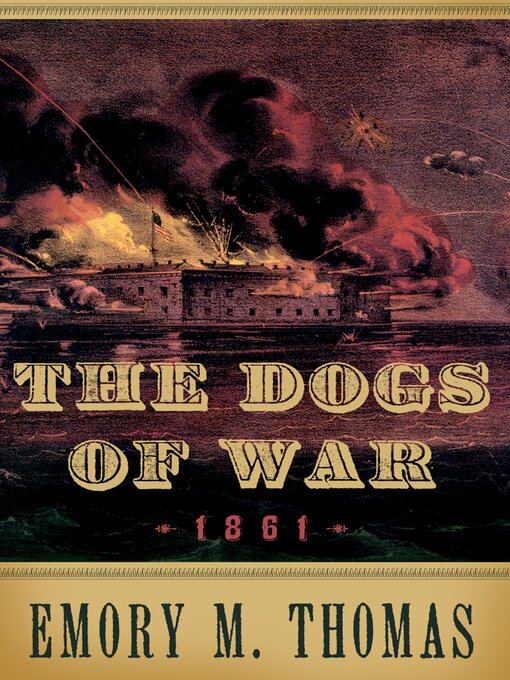- Available Now
- New eBook Additions
- New Kids Additions
- New Teen Additions
- Most Popular
- Try Something Different
- All eBooks
- Biography & Autobiography
- See all ebooks collections
- Audiobook Appreciation
- New Audiobook Additions
- Audiobooks for Kids
- Great Narrators
- Audiobooks with Diverse Narrators
- Western
- Audiobooks for the Whole Family
- Fantasy
- Science Fiction
- All Audiobooks
- Thriller
- Nonfiction
- Mystery
- See all audiobooks collections


